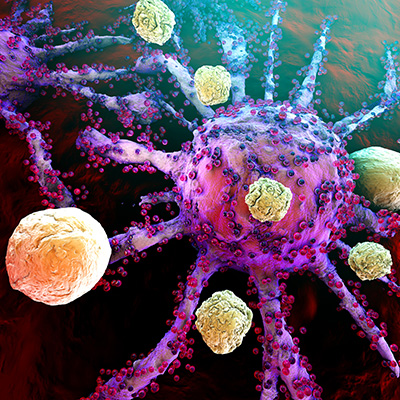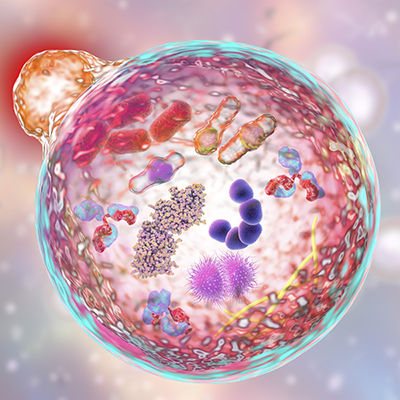October 12, 2022 -- Umeå University researchers in Sweden have discovered how poliovirus behaves as it takes over infected cells and tricks them into producing new virus particles.
Their study, published October 10 in the journal Nature Communications, may help curb the virus's future progress.
There is no cure for polio, which can cause paralysis and death, but vaccination prevents it. Polio was considered virtually eradicated, but resurfaced in 2022 in New York and London.
The mechanism by which enteroviruses, including poliovirus, rearrange infected cell interiors was previously unknown. Umeå's cryo-electron microscope revealed the first 3D images of poliovirus's formation and takeover of human cells.
The researchers identified the location of new poliovirus particle formation by observing cell sites with half-assembled viruses. These "virus factories" were undergoing autophagy -- an otherwise normal process that breaks down particles the cell wants to eliminate, including viruses.
However, poliovirus reprograms this defense mechanism, using the VSP34 protein to instead build new virus particles. When the researchers inhibited VSP34, the virus failed to assemble whole viruses. Another important protein called ULK1 slows virus production. The virus multiplied when ULK1 was inhibited, confirming the researchers' theory that poliovirus breaks down this "brake."
Once the poliovirus multiplies within the cell, its particles are released in small packets called vesicles to infect new cells. The researchers discovered a careful sorting of these vesicles' contents. Only correctly formed viruses with complete genetic material entered the vesicles. Empty virus particles were barred, allowing the virus to spread more efficiently.
"The new knowledge we are contributing about the role of autophagy in virus formation may provide new insights for the development of future antivirals that could complement vaccines," said co-author Dr. Lars-Anders Carlson of Umeå University.
Copyright © 2022 scienceboard.net









